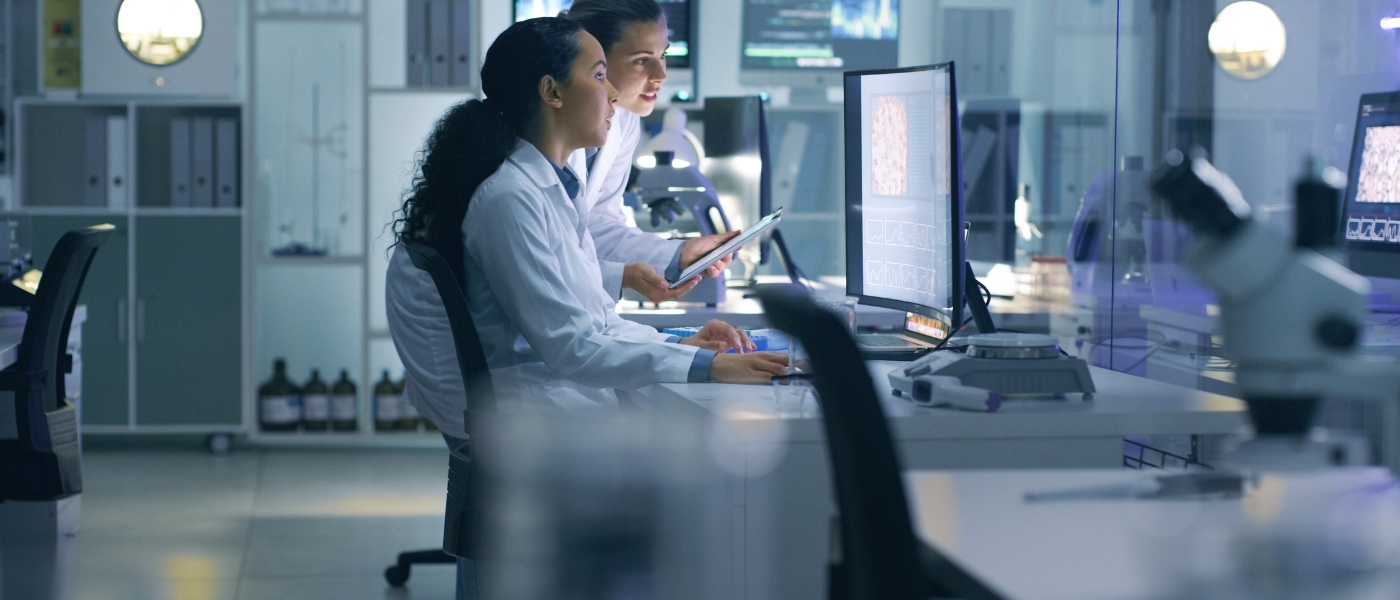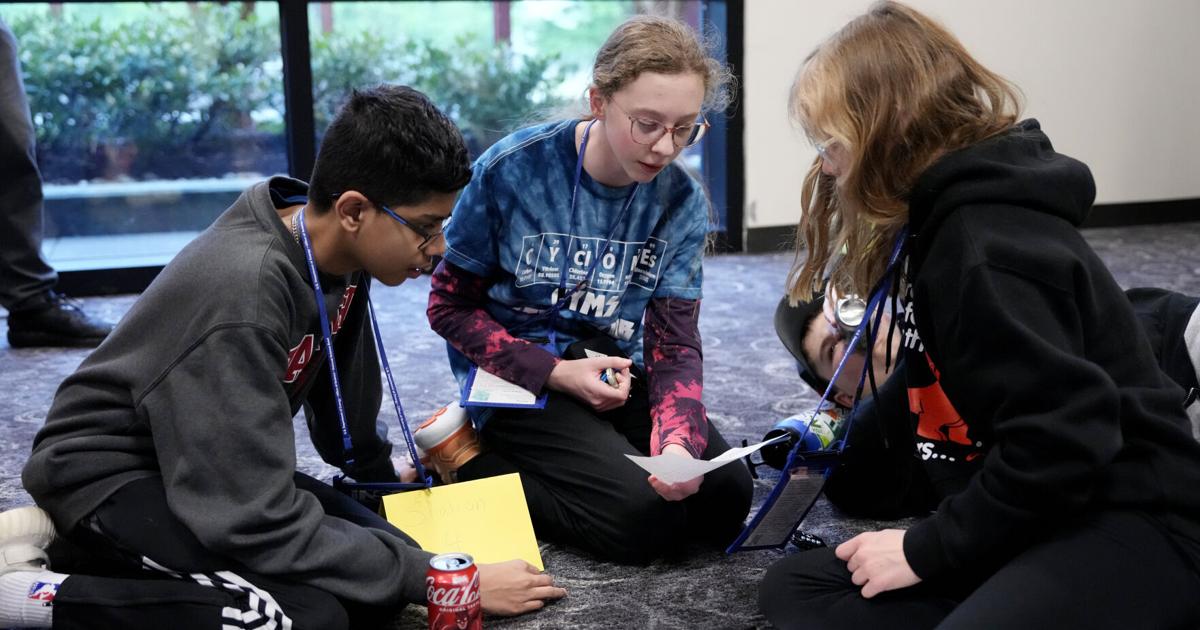Mark Cameron, an associate professor at the School of Medicine, shared his insights on the field of bioinformatics science. He discussed the various aspects of bioinformatics and provided advice for students considering a career in the field. According to Cameron, bioinformatics offers an exciting and multidisciplinary career path that encompasses basic biology, statistics, experimental design, clinical application, drug discovery, and artificial intelligence.
Bioinformatics is a field that blends various areas of science and technology, making it appealing to students with diverse interests. Those who enjoy working across disciplines and are passionate about using data to solve complex problems may find bioinformatics to be a rewarding career choice. With advancements in technology and healthcare, the demand for bioinformatics scientists continues to grow, offering opportunities for those interested in making a meaningful impact in the field of healthcare.
Cameron emphasized that in addition to technical skills required for bioinformatics, strong critical thinking, problem-solving, and communication skills are essential for success in this field. Bioinformatics scientists often work collaboratively and effectively communicate their ideas with team members from diverse backgrounds. To gain hands-on experience and build connections within the bioinformatics community, Cameron encouraged students to explore internships, research opportunities and networking events.
Overall, Cameron’s insights highlight the exciting nature of bioinformatics science and its diverse career opportunities available to students in this field. With a strong foundation in STEM and a passion for using data to drive innovation in healthcare, students interested in bioinformatics can embark on a fulfilling career path with the potential to make a positive impact on the future of healthcare.



